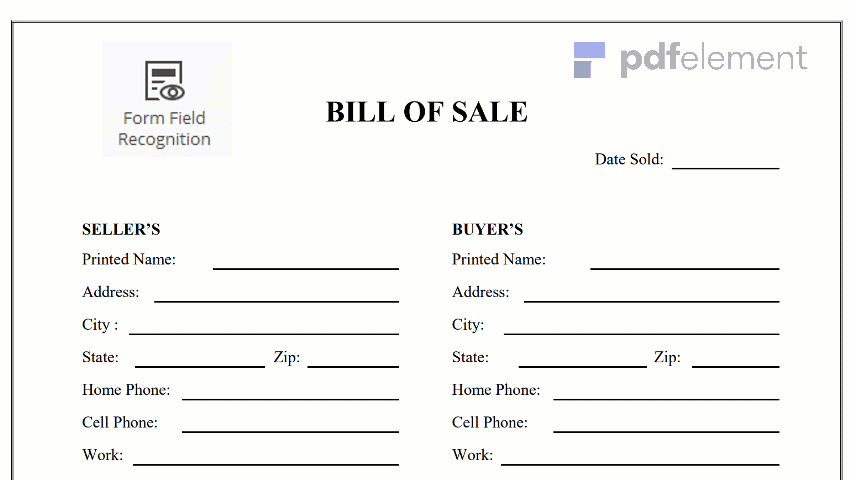
The monthly budget is a useful budget template for anyone who intends to cut cost in a reasonable way. It compares projected and actual expenses for a given month. Using a monthly budget helps in promoting financial consistency and also in limiting unnecessary expenses. The basic component of a monthly budget involves determining your income, estimating required expenses and estimating discretionary expenses. It is also important to add that a simple monthly budget can be used by individuals or households to keep their spending in check and track their income and potential expenses. By using a monthly budget, you can sustain yourself, family or business with enough to invest for the future.
Like every other budget template, the monthly budget template is a straightforward document just for the purpose of tracking income and expenses to avoid losing control of your spending. There are actually many formats that can be used for a monthly budget. However, the most basic features involve the structure of the budget. Every basic monthly budget should determine your income which should include salary, dividends, commission, child support and other sources of income. It should be able to estimate the required expenses like rent, insurance, car maintenance, medical expenses, groceries etc. In some cases, it should also estimate discretionary expenses like entertainment, new furniture etc.
Making a monthly budget template can help you track your spending and cut off all low priority spending. The monthly budget template you create will be customized to your monthly needs. It is not as difficult as it seems and the following steps will help in creating a good monthly template for your use.
Step 1: First of all, you can create a monthly budget template from scratch using any good programs like the Microsoft excel.
Step 2: The next thing is to decide on the budgeting schedule of your template. In this case, you will choose a monthly design since you are creating a monthly budget.
Step 3: Make a category called the monthly budget income and make sure you record all the sources at the top of your template.
Step 4: At this point, you are expected to make budget headings like the monthly expense, frequency of use, actual cost, actual use, priority and savings all at the top of your template.
Step 5: List all your monthly expenses on your spreadsheet under the monthly expense column and write estimate how regular you purchase the items and the amount you propose to spend on them.
Step 6: At this point, you can go further to attach a priority level to each expense. For example, you can use 1 for necessary, 2 for need and 3 for discretionary items. What this means is that any item that falls on 3 can be discarded or cut back like coffee or lunch out.
Step 7: When you have estimated the expenses on the monthly budget, you can then make adjustments or budget cuts before tracking your actual spending on your monthly budget template.
Step 8: Subtract your actual spending from the estimated cost in order to get the performance of your budget. It could be a savings or a loss.
Step 9: If your monthly budget is broken down into weekly templates, then track them the same way and add them up together to get a monthly expense cost.
For a better and more effective monthly budget, it is advisable to break up your expenses into proper categories. The categories can include utilities, entertainment, food, gas or any other category you like to break them down into.
When making a monthly budget, it is advisable to pay yourself. With this, you can make provision to place some certain amount into a savings account for raining day or emergency situations. The importance of this is that there will also be availability of cash at hand.
If creating a monthly budget template from scratch will be difficult, it is not out of place to download similar templates. However, you must ensure that any template used addresses your financial situations and cover your entire income and expense situation. Another way will be to modify existing templates to suit your own peculiar situations.
Track your monthly budget and follow it up rigorously for effective result. This means you have to show a high level of discipline to align strictly to your budget.